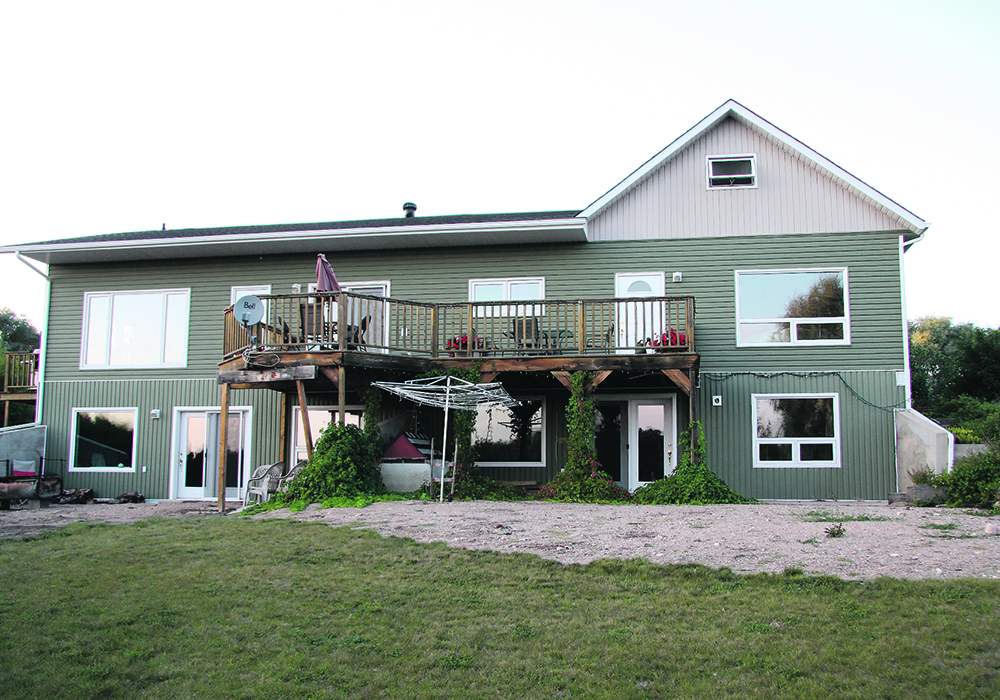Do you own multiple residential properties in Canada? Do you have multiple buildings on your property that your staff or family members are living in? Or maybe you have a rental property as a side investment?
You may have new filing requirements on a personal or business level even if taxes are not owing. Even if your farm property has a house that is unlivable, there are new filing requirements of which you should be aware.
In June 2022, the Underused Housing Tax was passed as a law creating an annual one percent tax on the value of vacant or underused housing in Canada. It was intended to address foreign ownership of Canadian property because it applies to non-resident, non-Canadians. However, this new tax also affects Canadian residents. Private corporations, partnerships and trusts are not considered to be excluded owners.
Read Also

Budget seen as fairly solid, but worrying cracks appear
The reaction from the agriculture industry to prime minister Mark Carney’s first budget handed down November 4th has been largely positive.
If you owned one of the following as of Dec. 31, 2022, you may have UHT filing requirements: detached homes (containing up to three dwellings), semi-detached houses, row-house units, residential condominium units or other similar premises intended to be owned as a separate unit or parcel. This includes property that is co-owned or owned as a partnership.
Some common tax exemptions are allowed when the following criteria are met: residential properties are uninhabitable for at least 120 consecutive days in the calendar year because of renovations, if the owner died in the current or prior calendar year, vacation properties in rural areas used for personal use four weeks of the year.
CRA has a tool available online to check if your vacation property falls under their classification of rural by searching your postal code. This is not an exhaustive list, and you may want to discuss your situation with an adviser soon. You may be exempt from paying the tax, but you might still have a requirement to file.
The normal filing deadline is April 30, but the CRA announced that for the 2022 calendar year, no penalties or interest will be applied if the returns and payments are received by Nov. 1.
Penalties if the returns are not filed are $5,000 for an individual and $10,000 for a business per property. A return must be filed for each property, and each co-owner of the property. Finally, a return must be filed whether there are taxes owing or not.
The amount of tax owing will be calculated by multiplying one percent by the higher of the assessed taxable value of the property or its most recent sale price by Dec. 31 of the calendar year.
Are you still wondering how this impacts your farm? For example, if you operate your farm as a Canadian corporation or Canadian partnership and your corporation or partnership owns a residential property, you will be required to file a UHT return. There may not be any tax owing (exemptions were discussed above), but there is still a filing requirement.
You should consider whether you have filing implications, as the filing penalties are substantial. UHT is filed in addition to your annual tax return and can be filed separately. It can be done online with the CRA.
Colin Miller is a chartered accountant and partner with KPMG’s tax practice in Lethbridge. Contact: colinmiller@kpmg.ca.















